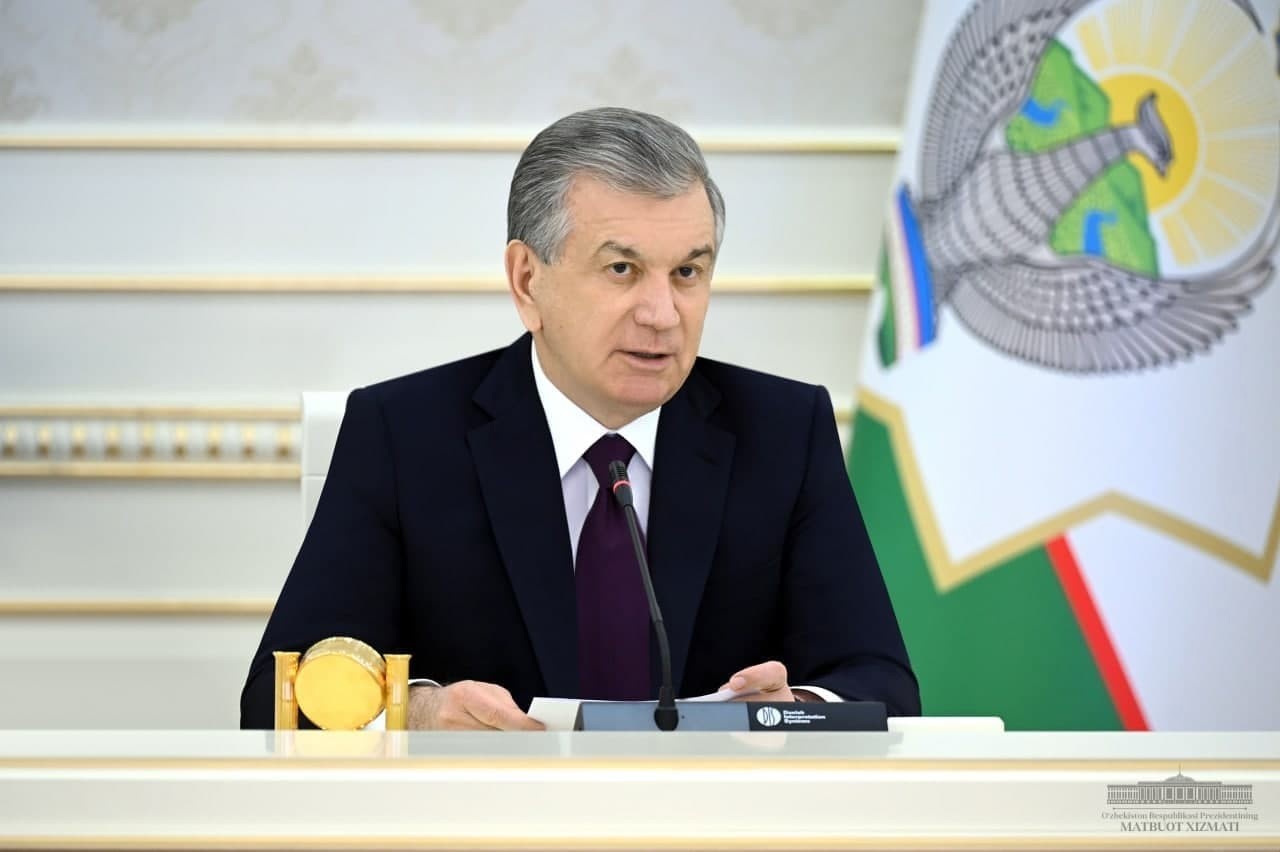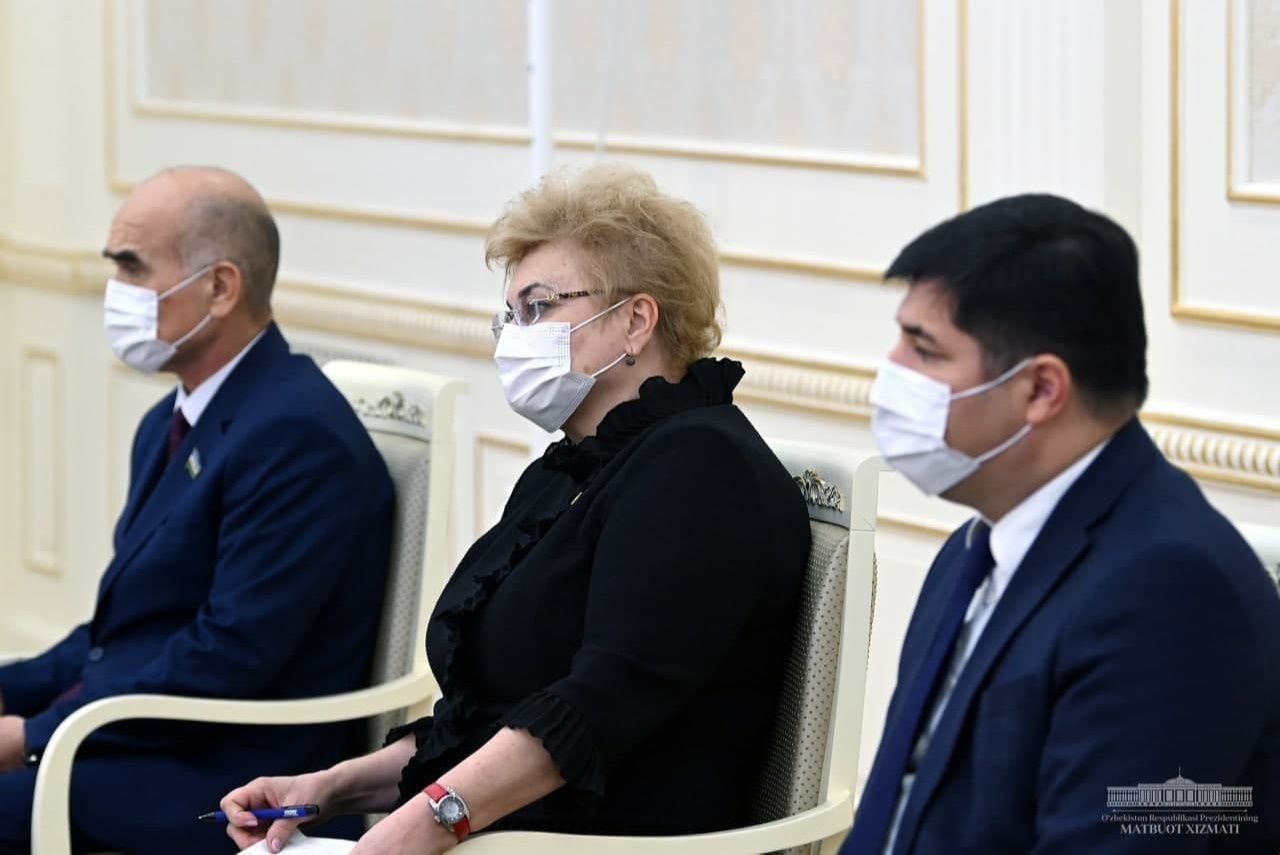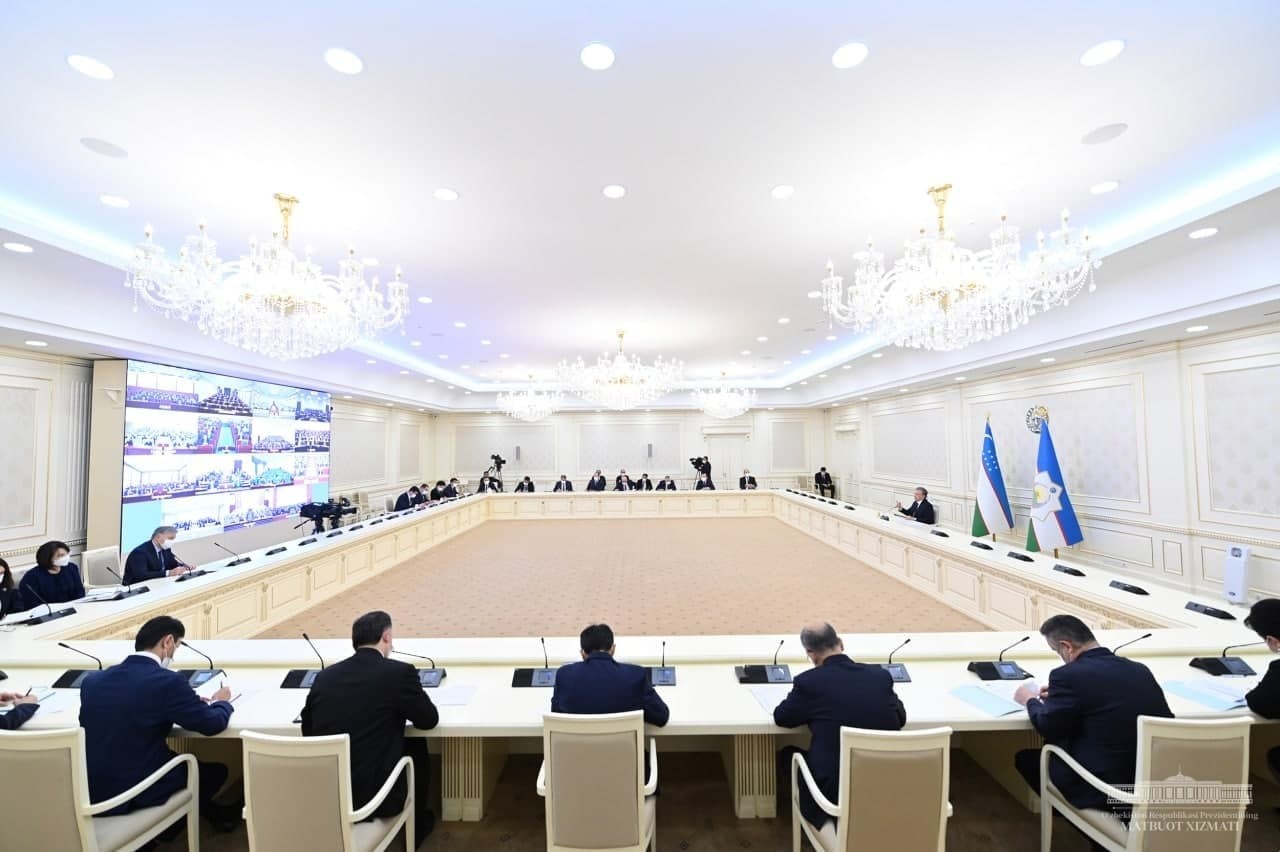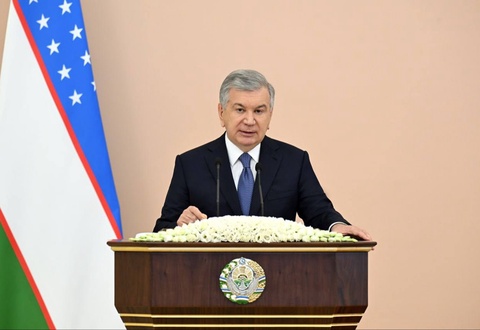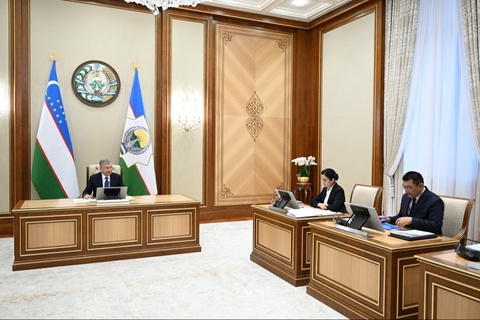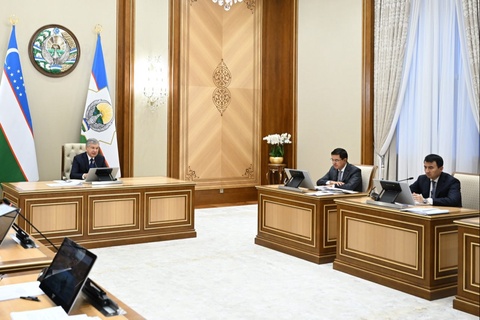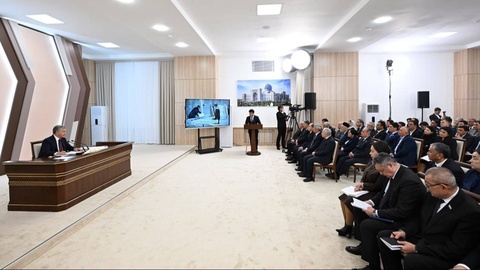Endocrinology is one of the most important areas in ensuring human health and quality of life. In recent years, a special program has been implemented aimed at improving this area of healthcare.
The material and technical base of 14 branches of the Republican Specialized Scientific and Practical Medical Center for Endocrinology was strengthened. Due to the creation of special departments in these branches, the number of appeals to the republican center has decreased by 2 times, unnecessary expenses of about 5 thousand citizens have been prevented. Every year 80 thousand patients are provided with insulin free of charge.
As is known, immunodeficiency states are widespread among the population of Uzbekistan. As a result, the incidence of thyroid diseases is high. Over the past five years, the incidence of endocrine diseases has increased by 20 percent, including among young people.
In general, as shown by the results of a study conducted among 2 million people, such diseases occur in 6 percent of those surveyed. Due to the lack of conditions and specialists for blood tests in the districts, the number of visits to the capital for eye, kidney and ankle diseases caused by serious complications of endocrine diseases has increased.
In this regard, issues related to solving problems in the field of early detection and treatment of endocrine diseases, in particular, improving the work of primary care were discussed at the meeting.
“It is not necessary to purchase sophisticated equipment for early detection of endocrine diseases in primary care. A good result can be achieved by equipping laboratories, providing them with the necessary reagents and training not only endocrinologists, but also family doctors”, the President said.
The Head of the state emphasized the need for introducing a new system in this direction. A separate program for early detection, prevention and treatment of endocrine diseases will be adopted.
First, a close interaction of family doctors and endocrinologists will be established. The role of medical teams, nursing offices and health schools will be strengthened.
It was noted that the number of calls to regional centers can be reduced by 50 percent if 10 types of analysis are established in primary care.
In addition, for early detection of endocrine diseases from next year, the population over 40 will be screened at least once a year. The Unified Electronic Register of Patients with Endocrine Diseases will be launched. Each medical team will be provided with a rapid blood glucose meter.
From July 1 next year, pregnant and lactating women, children from the age of 3 to 15 will be provided with iodine preparation free of charge. More than 200 thousand people in need will be provided free of charge metformin for patients with diabetes. Diabetics and people at risk for diabetes will be trained in disease management.
The responsible persons have been instructed on implementing this system. Measures have also been identified for training specialists for the primary healthcare system, for the production and distribution of drugs in demand through family polyclinics.
The issues of reorganization of laboratory services in medical institutions were also discussed at the meeting.
In particular, having established the necessary laboratory tests in the districts, it is possible to increase the number of services from 5 to 17 and reduce the number of calls to the republican center by 20 percent.
In this regard, it was noted that the standards for laboratory analyzes should be completely revised and updated taking into account international experience.
Twenty-four-hour central laboratories will be created in the districts by optimizing the laboratories of family and central polyclinics, central hospitals and emergency departments. They will be provided with transport to collect materials from family polyclinics and medical centers.
Next year, more than 1,000 doctors and more than 3,000 middle-level workers working in laboratories will undergo advanced training.
It is planned to increase the number of interdistrict departments of the endocrinology center from the current 29 to 50. Branches in the regions will be equipped with new medical equipment, and the number of services will increase from 15 to 40.
The main institution of the sphere is the Republican Specialized Scientific and Practical Medical Center for Endocrinology. The Head of the state instructed to move the center to new buildings on the territory of the clinic of the Tashkent Medical Academy and organize its activities on a multidisciplinary basis.
It was noted that such advanced areas as the treatment of hormonal and mineral disorders, reproductive and endocrine gynecology, oncoendocrinology, cardiac diabetes and interventional surgery will be organized at the center. In addition, more than 20 new types of high-tech operations will be organized.
The Endocrinology Center will be transformed into a scientific and innovative institution. Foreign specialists will be involved in research work, and the quotas for doctoral studies will be doubled. It is planned to organize foreign internships for doctors of the center.
Responsible persons provided information on the issues discussed at the meeting. Doctors’ opinions and proposals were heard.


